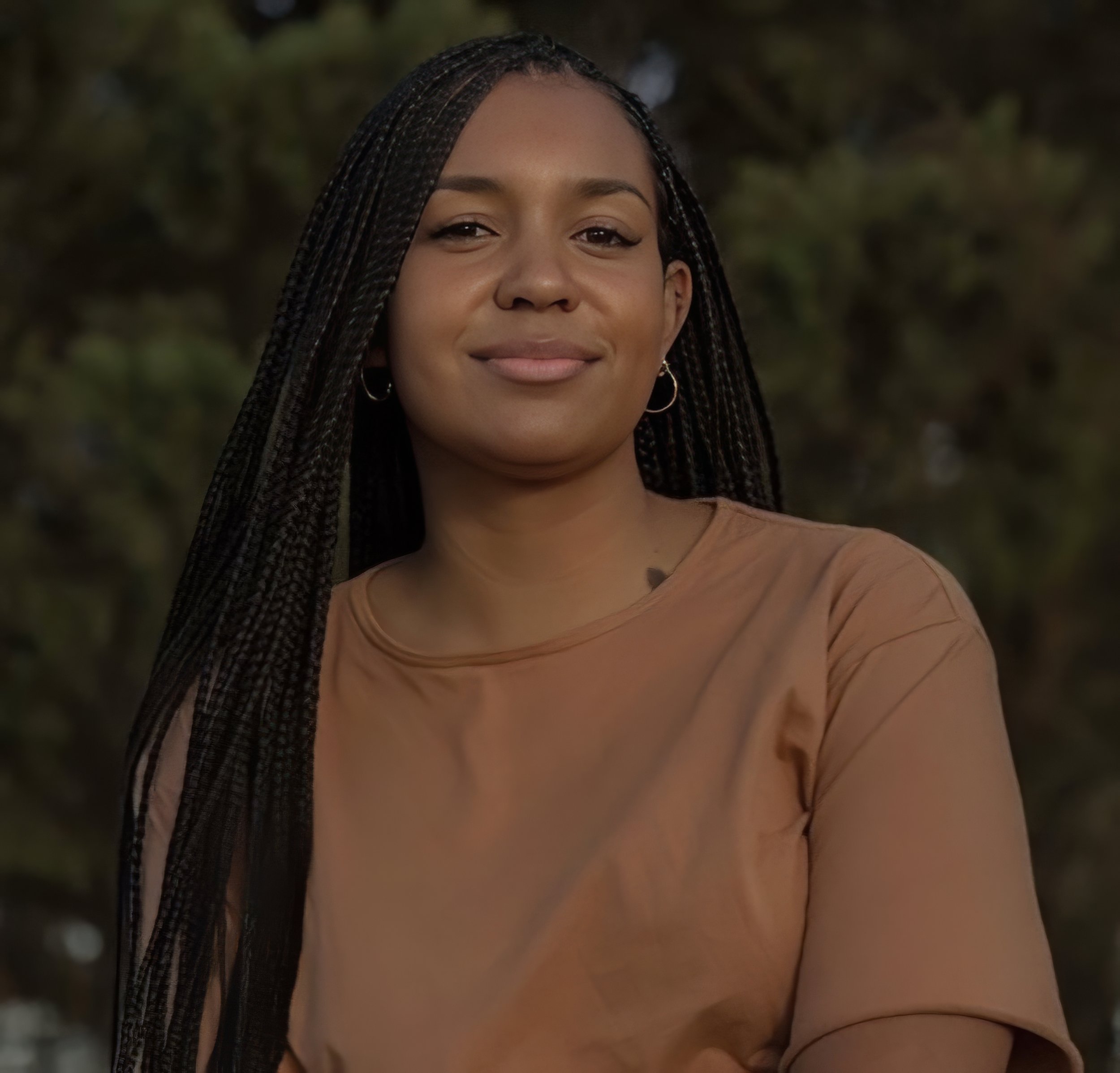The Economic Media Centre’s Media Spokesperson Training is a two-day program for change makers working on issues connected to economic and social justice.
This training provides you with the vital media communications skills to maximise campaign success. It includes media theory, practical interview simulations, a deep dive into the media landscape, case studies, building compelling frames and messages, and developing effective media strategies. Upon completion, participants have the opportunity to join the Economic Media Centre’s Spokesperson Network.
Our current focus areas for media advocacy include; First Nations justice, the cost of living crisis, housing, disability and pushing back on the far right - all of which are key issues heading into an election cycle. We are prioritising media training for spokespeople wanting to advocate on these issues. We will continue to work with advocates working on income support and building a stronger social safety net.
For this training, we prioritise change makers directly affected by the issues they are working on. We encourage First Nations people, people with disability, refugees and people seeking asylum, people of colour and unwaged change makers to apply.
learning OUTCOMES AND SKILLS
How to frame your issue and devise strong campaign messages
How to prepare and pitch media stories
Delivering your message – practical interview practice
Hear direct from journalists about what’s happening on news desks
Draft your own campaign media strategy
KEY DATES AND FORMAT
The training will be delivered online via Zoom over two half-days:
Tuesday, 1st October — 10:00AM to 2:00PM AEDT
Wednesday, 2nd October — 10:00AM to 2:00PM AEDT
COST
The program is currently offered at no cost and is designed for grassroots activists and people with lived experience of economic and racial injustice.
Facilitators
Alex Kelly
Economic Media Centre and Communications Director
Alex joins Australian Progress to lead our communications strategy and our new Strengthening Democracy project. Alex has a background in arts, strategic communications, organising and documentary filmmaking with expertise in impact producing. Alex was impact producer on The Dreamlife of Georgie Stone, In My Blood it Runs and Avi Lewis and Naomi Klein’s This Changes Everything. Alex is on the board of Original Power and is a founding member of the Unquiet Collective.
Jedda Costa
Senior First Nations Media Advisor
Jedda Costa is a Wemba Wemba, Yorta Yorta and Mutti Mutti woman from Narrm. She has previously worked as a cross-platform journalist, specialising in Indigenous affairs and reporting on regional communities. Jedda joins as our new Senior First Nations Media Advisor, leading the development of our First Nations Spokespersons Network at the Economic Media Centre.
Nick Cassella
Strategic Communications Manager
Nick is a political communications professional who has worked for progressive campaigns and organisations in the US and Australia. Nick is in charge of formulating a new strategy for Australian Progress' external communications while also managing the development of the Economic Media Centre's Spokesperson Network. Nick specialises in digital campaigning and holds an International Relations degree from the University of St Andrews, Scotland.
ACCESSIBILITY
We will work with you to support you to fully participate in the training. Click here to read about our accessibility measures. If you have different access needs or need other measures to fully participate, please let us know when applying for the training, and we will contact you directly.
-
Zoom - During the online sessions, we will be meeting via Zoom. If you have access to a computer or laptop, we recommend you join the training by computer to make navigating the materials easier. See here for accessibility documentation for Zoom; including a list of keyboard shortcuts here.
Video norms - During the online sessions, we will encourage everyone to have your cameras on if you feel comfortable, but we will not require you to do so.
Chat - On Zoom you will be able to use the chat function. Participants will be asked to introduce themselves in chat, and to enter responses in the chat.
Captions - We will have auto captions enabled in Zoom.
Google Docs and Digital Documents - We will be sharing training materials over Google Drive, Google Docs and Google Slides. All documents, forms, and surveys will be provided in accessible formats. During the pre-training we will use the screen share function to share slides, as well as navigating between Zoom and an interactive slide deck.
Early access to slides - A view-only version of the slide deck can be supplied early if this supports your participation. Any copies of the slides provided will include alt-text / image descriptions.
Pre-training materials - We will provide a selection of pre-training materials for you to read ahead of the workshop. They will be provided in different formats including Google Docs, PDF and various websites.
Post-training resources - We do not supply recordings from our online training as standard, but can record sections of the workshop if needed to facilitate your engagement. You will receive a copy of the presenter slide deck, interactive slide deck, and other resources. Where video or audio content is included during the training or in any of the resources, we will provide audio descriptions, captions or transcripts as needed.
-
Setting norms - As a cohort, we will also set expectations at the start of the training to ensure everyone can comfortably participate in the workshop.
Breaks - Breaks will be organised regularly throughout the training including meal breaks. Morning and afternoon tea breaks will be 30 minutes, and lunch will be an hour.
Breakout rooms - This training regularly uses breakout rooms, with group sizes ranging from pairs, through to groups of 5-10 for discussions and workshop activities.
-
Additional support - In your participant info form, we will ask you for your access needs. If you require something in place that is not already arranged, or if you need more information about any part of the workshop, we will work with you to provide this.
-
If you have any questions about accessibility, please contact Community Manager Erica at erica@australianprogress.org.au.



